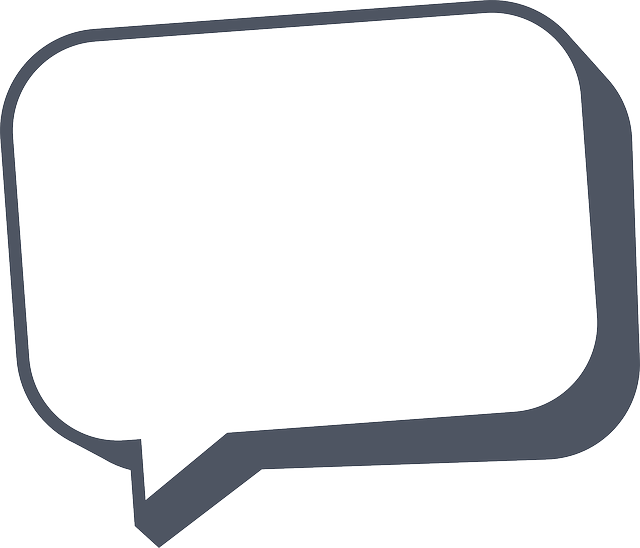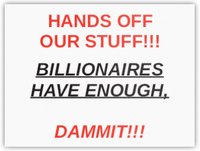I’m a big fan of Nick Usborne, author of Net Words, Creating High-Impact Online Copy, which you really should read if you want to write your own web copy or learn what you need to know to pick a web copywriter who knows what he or she is doing.
Nick has so much respect for copywriters that he helps engender it in his readers–which helps feather my nest.
In his chapter, Allow Copywriters to Do Great Work, Nick wrote:
“Much of the time, customers are right to feel fed up and frustrated by the written messages they receive from companies [because the messages] are often irrelevant, unclear, and unwelcome. But that doesn’t mean that copywriting is the spawn of Satan. It just means that bad copywriting is the spawn of Satan.”
Bravo! Applause! Encore!
Good online copy looks, feels, tastes and smells like a casual conversation between two people.
The Internet is text-centric, so words matter. A lot. The wrong words stop people from doing what you want them to decide to do.
Jakob Nielsen, usability engineer, has written “Users look at the text and headlines first … Present the content in a manner that draws in readers.” (Designing Web Usability)
The copywriter and usability engineer should be thick as thieves with each other because the ultimate success of a website depends on both parties doing their respective jobs very, very well.
Usborne goes on: “…if the designer isn’t sensitive to the need for great copy on the site, it becomes tough for the copywriter to do his or her job properly.”
So why don’t web designers have a stable of dependable wordsmiths to go to when they get a site to develop? I have several web developers in my stable of power partners, including a dependable custom WordPress site developer (Lisa Twining Taylor ( https:/dancinggoatwebdesign.com).
When all is said and done, what differentiates your site from millions of others are the words you put on it.
Although there are an endless variety of “frames” (themes) and too many bells and whistles to count when it comes to website design and usability, they are–in the end–just frames, bells and whistles.
People aren’t looking to buy the frame that your words sit in, or the bells and whistles that may attract and compel them (briefly). They’re looking for the words that define you.
They’re looking to prove to themselves that you’re likeable and trustworthy enough that they can relax and feel safe whenever they do business with you. They’re looking for a “fond bond.”
They’re looking for a mutually-beneficial business relationship.
Is that what your site is showing them?







